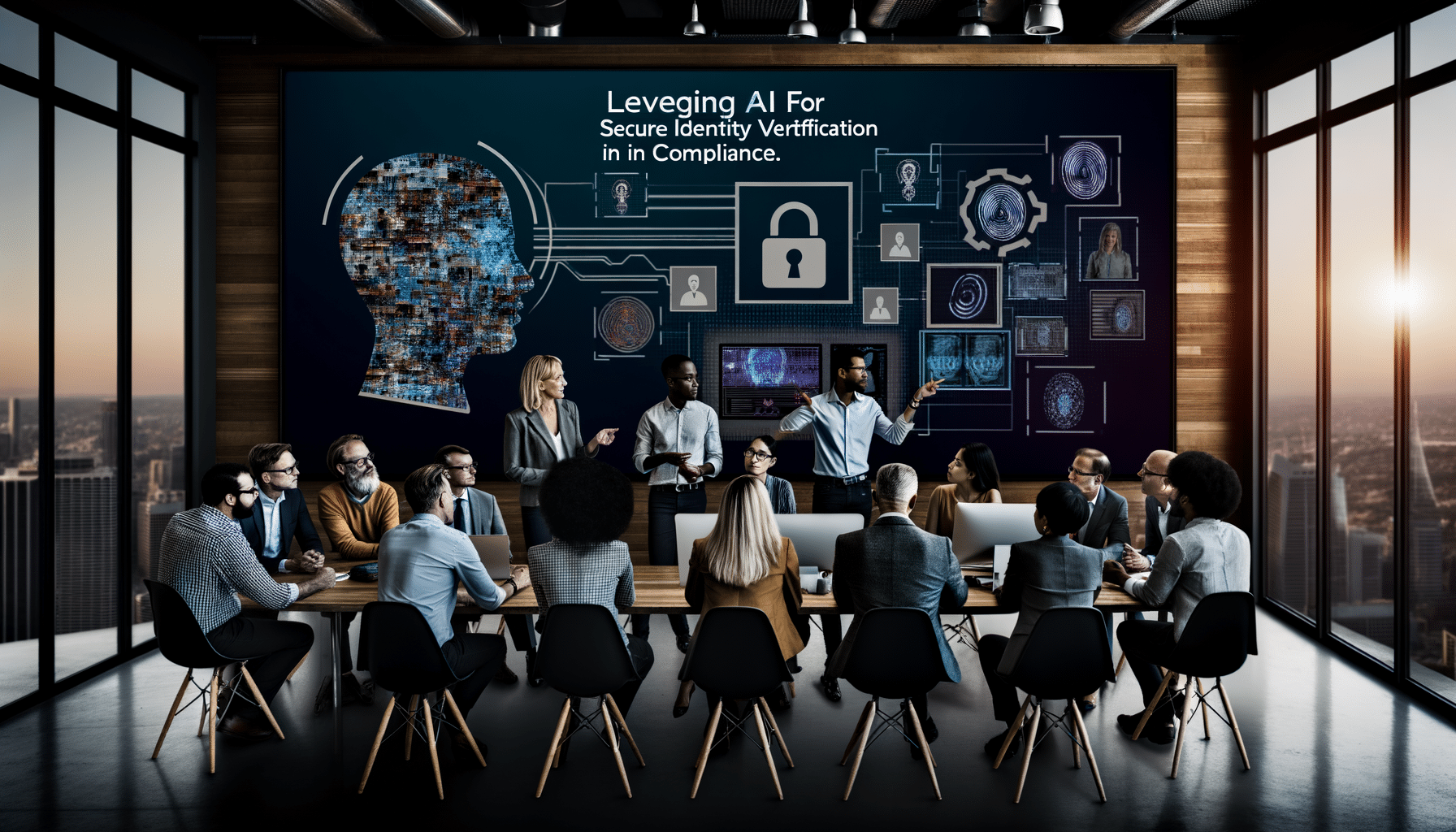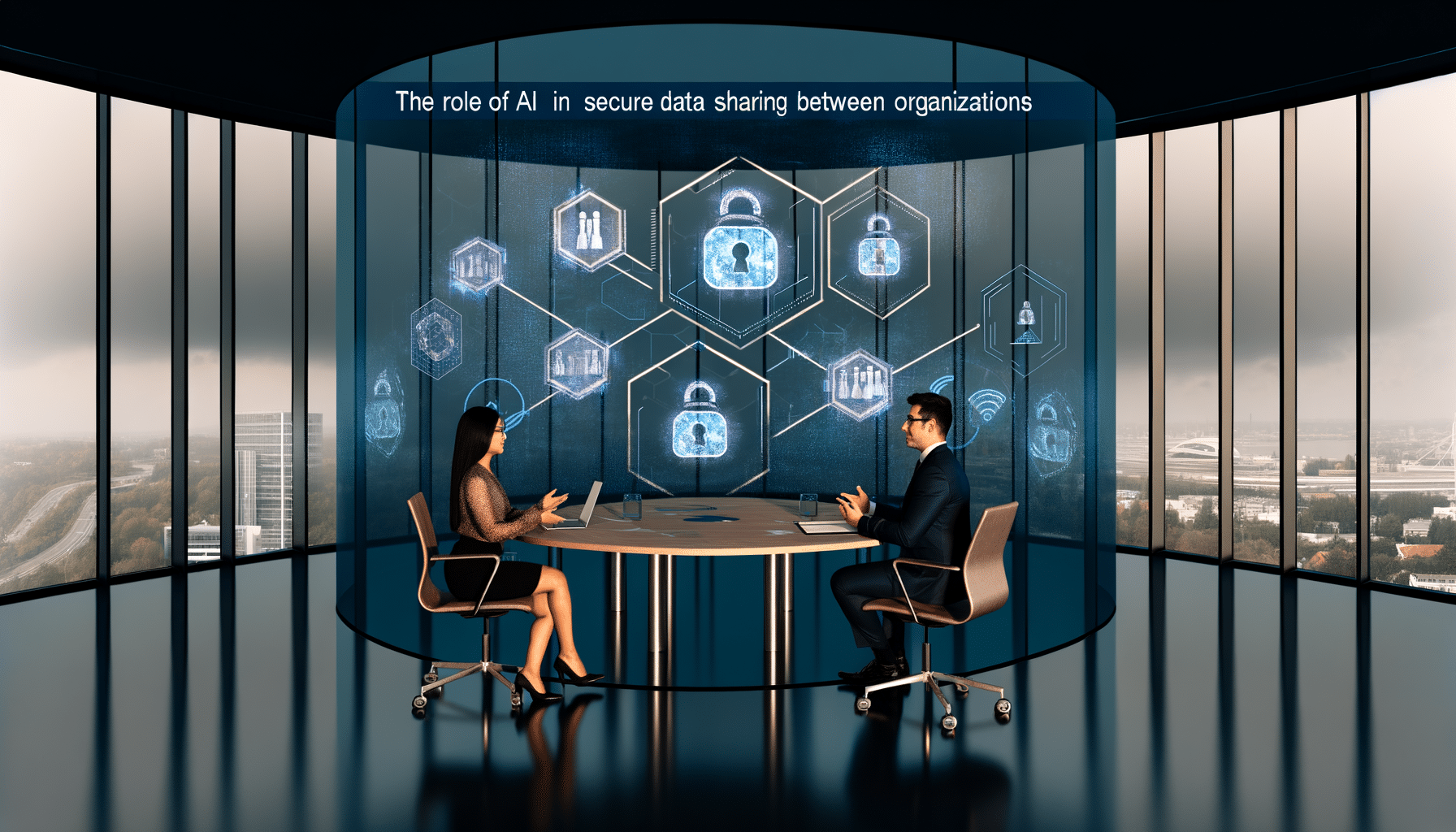Unlocking Efficiency in Legal Entity Records Management
In today’s rapidly evolving business landscape, managing legal entity records effectively is no longer just a regulatory necessity but a strategic advantage. As the founder of RecordsKeeper.AI, I’ve had the unique opportunity to dive deep into the challenges that professionals face in record-keeping and to witness the transformative power of AI-driven solutions firsthand. For legal, finance, and compliance heads, fragmented and disorganized records can lead to compliance risks and operational inefficiencies. Here, I’ll share insights into best practices that not only simplify but also enhance the management of legal entity records.
The Importance of Effective Legal Entity Records Management
Managing legal entity records is a multifaceted task that requires meticulous attention. Compliance requirements like GDPR necessitate that businesses systematically maintain their records. Failure to do this could result in significant fines and reputational damage. However, with efficient systems and tools in place, organizations can ensure they meet these requirements while unlocking benefits such as improved transparency and decision-making.
Implementing Automation for Streamlined Processes
Repetitive manual processes are not only time-consuming but prone to error. By implementing automated systems, you can classify and tag records more efficiently. At RecordsKeeper.AI, we leverage AI tools that automatically handle these cumbersome tasks, freeing your team to focus their energy on strategic initiatives. Consider:
- Automated sorting to ensure records are accurately categorized.
- Natural language processing to facilitate intuitive search functionality.
- Real-time alerts for important filing dates or changes in regulatory requirements.
Not only does automation reduce the chance of human error, but it also increases productivity—two essential metrics for success.
Utilizing Secure Data Rooms for Controlled Access
Sharing sensitive legal entity records requires the utmost security. Using secure data rooms ensures that only authorized personnel can access crucial information. Our platform offers real-time activity tracking, providing a detailed trail of who has accessed what and when. This feature is particularly valuable for audits, minimizing the risk of unauthorized access and maintaining data integrity.
Ensuring Compliance Through Digital Solutions
Keeping abreast of ever-changing compliance requirements can be daunting. Yet, it’s crucial for maintaining the integrity and legality of your records. By automating compliance workflows with tools like those offered by RecordsKeeper.AI, you can:
- Automatically adhere to industry standards such as GDPR and HIPAA.
- Efficiently generate audit-ready reports.
- Regularly update compliance protocols as laws and regulations change.
A digital solution not only ensures compliance but gives you peace of mind knowing your organization is protected against potential legal consequences.
Maintaining Data Integrity with Blockchain Technology
One of the hallmarks of our platform is our blockchain integration. Legal entity records must be tamper-proof and immutable to safeguard against fraud. By using blockchain technology, we guarantee that your data remains unchanged once recorded, providing a verifiable trail for authenticity. This technology revolutionizes record integrity, ensuring that your records are trustworthy and transparent.
Future-Proofing Your Records Management Strategy
Regular backup and recovery plans form the backbone of a robust records management strategy. You should ensure that these are automated for quick recovery in the event of data loss. Furthermore, employing policy management features helps automate data retention and deletion policies, so you don’t fall foul of regulatory standards unintentionally.
In integrating these strategies, you’re not just managing records; you’re wielding them as a powerful tool for your organization’s success. By leveraging the capabilities of AI and blockchain, you can transform legal entity records management from a tedious obligation into an opportunity for operational excellence.
Conclusion
Effective management of legal entity records is paramount for safeguarding compliance, enhancing security, and boosting organizational efficiency. It’s about evolving from analog systems to sophisticated digital solutions that drive value. I invite you to modernize your approach and explore how RecordsKeeper.AI can be the catalyst in your journey towards seamless records management. Follow my insights as I continue to share innovative solutions and strategies designed for today’s dynamic business world. Let’s redefine what’s possible in the realm of records management together.









